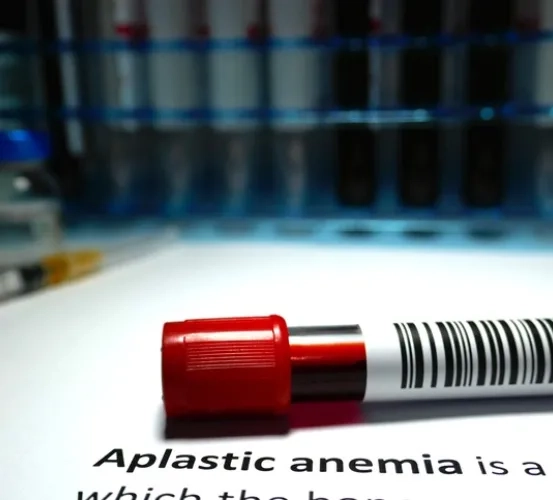
A Randomized Trial of Sirolimus (Rapamune(R)) for Relapse Prevention in Patients with Severe Aplastic Anemia Responsive to Immunosuppressive Therapy

Impact of Elastin Mediated Vascular Stiffness on End Organs
Researchers at the National Institutes of Health (NIH) seek patients with Williams Syndrome (WS) or Supravalvular Aortic Stenosis (SVAS) to join a research study. Researchers want to see how blood vessel elasticity and stiffness affect the heart, gut, kidneys, and the brain in people with Williams Syndrome.

Nebulized or Inhaled Albuterol for Lymphangioleiomyomatosis
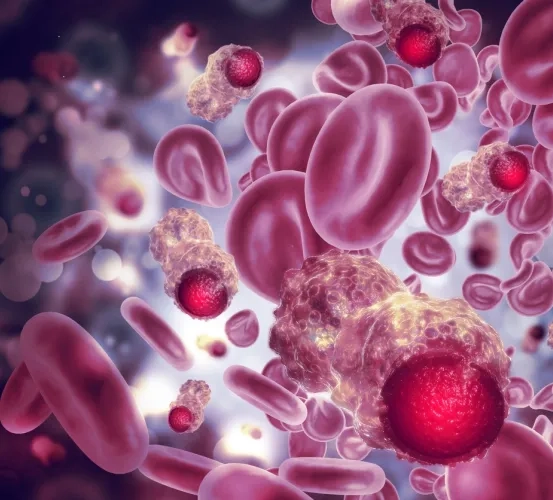
NIH Clinical Trial for Relapsed/Refractory B-Cell Malignancies

Effect of Dietary Omega-7 Palmitoleic Acid-Rich Oil on Lipoprotein Metabolism and Satiety in Adults
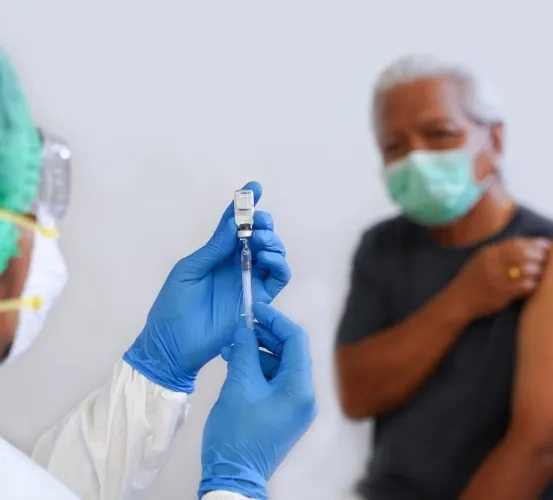
Vaccine Responses in Patients with B Cell Malignancies
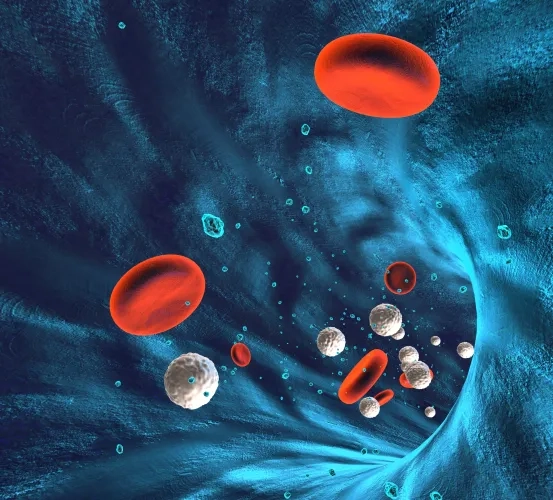
NIH Tests Fostamatinib for Post-Transplant Cytopenia(s)
After stem cell transplantation, some people develop hard-to-treat anemia (low red blood cells) or thrombocytopenia (low platelets). Cytopenia(s) or low blood cell counts make you weak, prone to bleeding and bruising, and dependent on blood product transfusions. Researchers at the National Institutes of Health (NIH) are testing the drug fostamatinib to see if it is safe to treat cytopenia(s) after stem cell transplantation. A physician referral is not required to participate.

Observational Study of Cardiac Arrhythmias in Subjects Treated with BTK Inhibitors
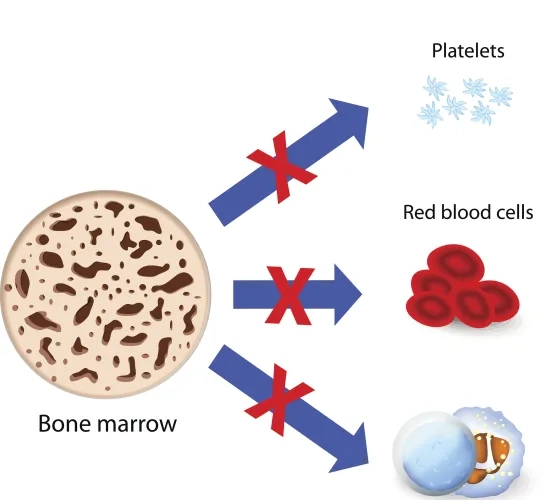
Research Study for Severe Aplastic Anemia (SAA)
Doctors at the National Institutes of Health (NIH) are conducting a research study to determine the viability and safety of early initiation of oral therapy with cyclosporine and eltrombopag in patients with severe aplastic anemia (SAA).

